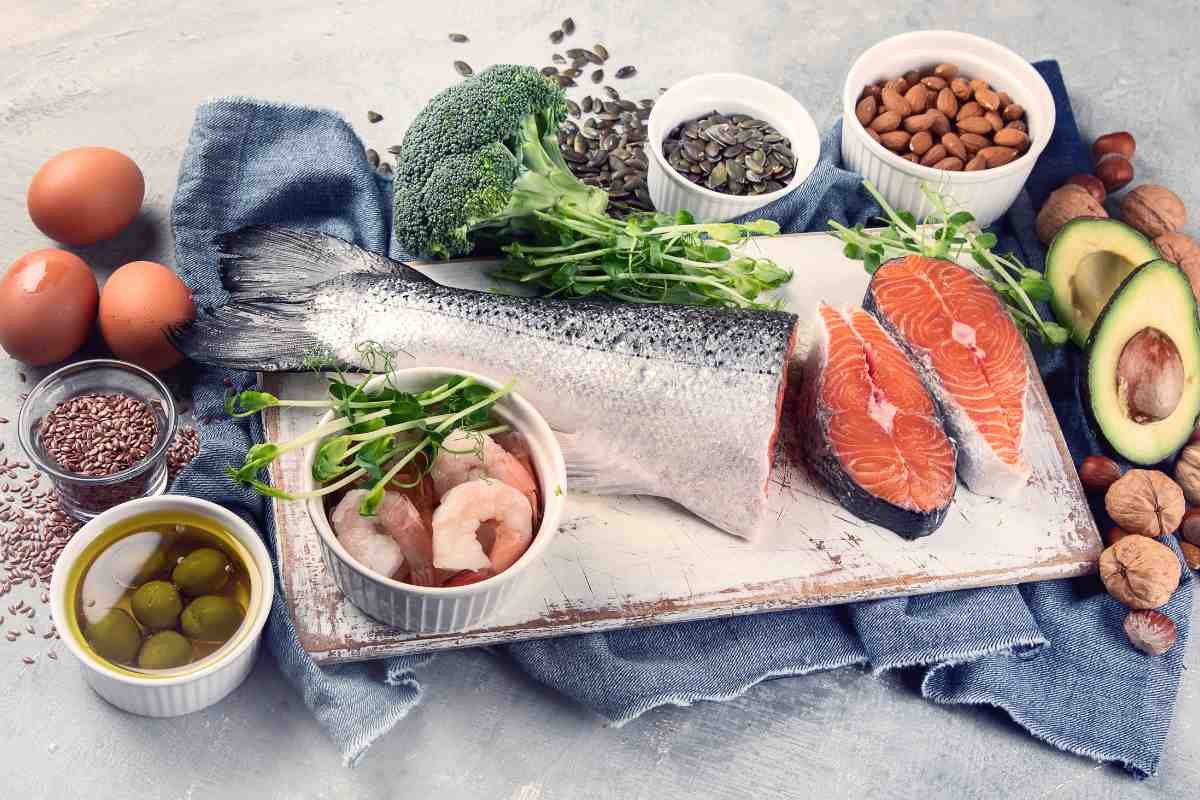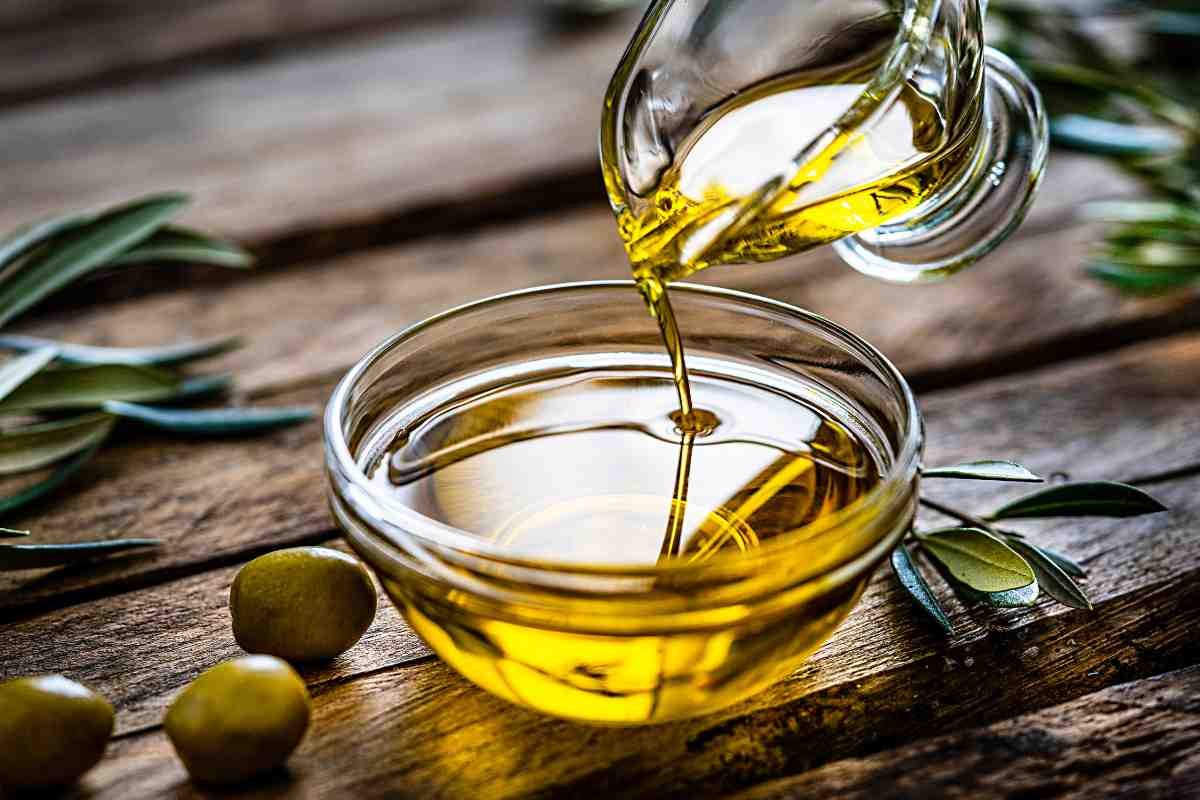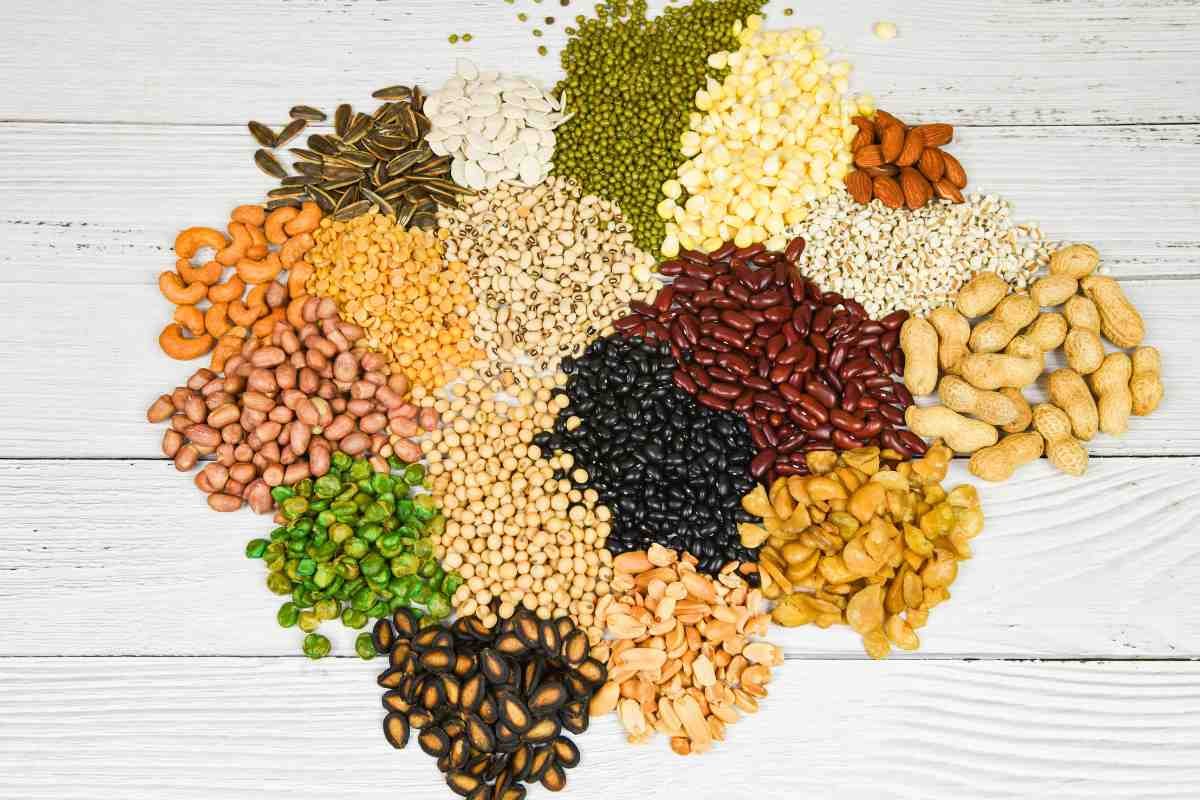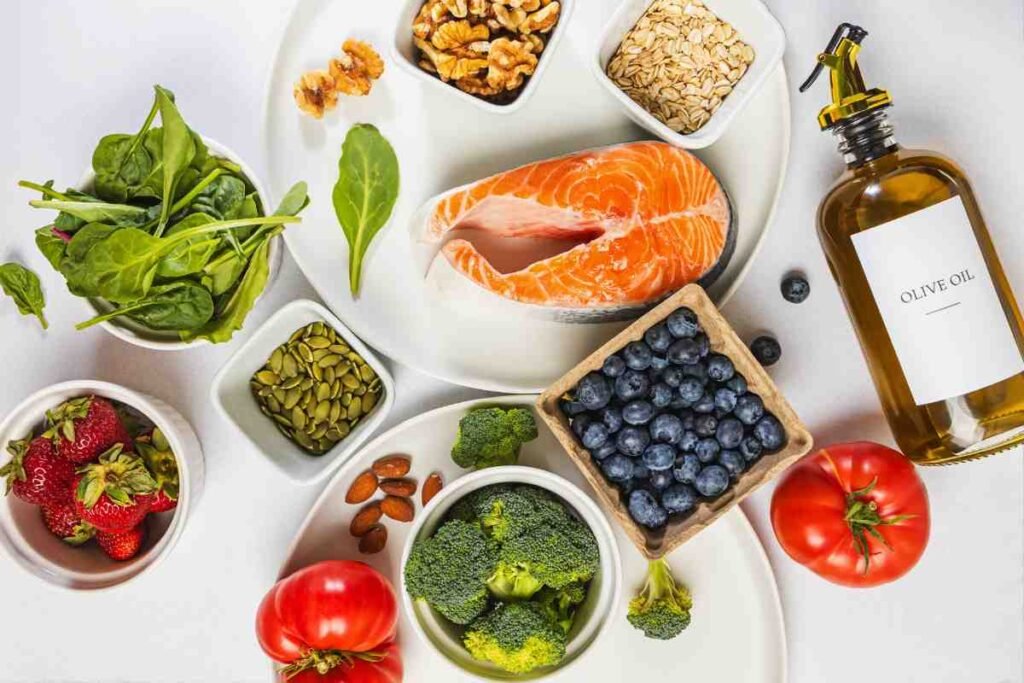Inflammation is a natural response by your immune system to protect your body from harm. However, chronic inflammation can lead to various health issues, including heart disease, diabetes, arthritis, and even certain cancers. One of the most effective ways to combat chronic inflammation is through diet. By incorporating anti-inflammatory foods into your daily meals, you can help reduce inflammation and promote overall health.
In this guide, we’ll explore the best anti-inflammatory foods, the science behind how they work, and practical tips for integrating them into your diet.
What is Inflammation?
Inflammation is the body’s natural defense mechanism against infection, injury, or harmful stimuli. There are two types of inflammation:
- Acute Inflammation: This is a short-term response that occurs after an injury or infection. It’s characterized by redness, swelling, heat, and pain in the affected area. Acute inflammation is essential for healing and protecting the body.
- Chronic Inflammation: When inflammation persists over a long period, it becomes chronic. Chronic inflammation is often silent and can lead to various health problems, including autoimmune diseases, cardiovascular issues, and metabolic disorders.
How Anti-Inflammatory Foods Work
Anti-inflammatory foods contain nutrients, antioxidants, and other bioactive compounds that help reduce inflammation in the body. These foods can:
- Neutralize Free Radicals: Antioxidants found in anti-inflammatory foods neutralize harmful free radicals, which can cause oxidative stress and inflammation.
- Inhibit Inflammatory Pathways: Certain foods contain compounds that block or inhibit the body’s inflammatory pathways, reducing the production of inflammatory molecules.
- Support Gut Health: A healthy gut is crucial for managing inflammation. Anti-inflammatory foods often promote a balanced gut microbiome, which can reduce systemic inflammation.
Top Anti-Inflammatory Foods
Here are some of the most potent anti-inflammatory foods to include in your diet:
1. Fatty Fish

Fatty fish like salmon, mackerel, sardines, and trout are rich in omega-3 fatty acids, particularly EPA and DHA. These fatty acids have been shown to reduce inflammation by inhibiting the production of inflammatory cytokines. Omega-3s also help lower the risk of heart disease, a condition closely linked to chronic inflammation.
How to incorporate: Enjoy grilled or baked salmon a few times a week, or add sardines to salads and sandwiches.
2. Leafy Greens
Leafy greens such as spinach, kale, and Swiss chard are packed with vitamins, minerals, and antioxidants like vitamin C, beta-carotene, and polyphenols. These nutrients help reduce oxidative stress and inflammation in the body.
How to incorporate: Add leafy greens to smoothies, salads, or sauté them as a side dish.
3. Berries
Berries, including blueberries, strawberries, raspberries, and blackberries, are loaded with antioxidants called anthocyanins, which have anti-inflammatory effects. Berries are also rich in fiber, which supports gut health and reduces inflammation.
How to incorporate: Snack on fresh berries, add them to yogurt or oatmeal or blend them into smoothies.
4. Turmeric
Turmeric is a bright yellow spice commonly used in Indian cuisine. It contains curcumin, a powerful anti-inflammatory compound that has been shown to reduce inflammation at the molecular level. Curcumin is particularly effective in managing symptoms of arthritis and other inflammatory conditions.
How to incorporate: Add turmeric to soups, stews, and curries, or make a turmeric latte with milk and honey.
5. Nuts and Seeds
Nuts and seeds, such as almonds, walnuts, flaxseeds, and chia seeds, are excellent sources of healthy fats, fiber, and antioxidants. Walnuts, in particular, are rich in omega-3 fatty acids, which help reduce inflammation. Nuts and seeds also provide magnesium, a mineral that plays a role in reducing inflammation.
How to incorporate: Snack on a handful of nuts, add them to salads, or sprinkle seeds over yogurt or cereal.
6. Olive Oil

Olive oil, especially extra virgin olive oil, is a staple of the Mediterranean diet, which is known for its anti-inflammatory benefits. Olive oil is rich in monounsaturated fats and oleocanthal, a compound that has similar anti-inflammatory effects as ibuprofen.
How to incorporate: Use olive oil as your primary cooking oil, drizzle it over salads, or dip bread into it as a healthy snack.
7. Tomatoes
Tomatoes are an excellent source of lycopene, an antioxidant that has anti-inflammatory properties. Cooking tomatoes, such as in tomato sauce or paste, increases the bioavailability of lycopene, making it easier for the body to absorb and use.
How to incorporate: Enjoy tomatoes in salads, soups, and sauces, or simply eat them fresh.
8. Garlic and Onions
Garlic and onions contain sulfur compounds that help reduce inflammation and boost the immune system. These compounds can also reduce the risk of heart disease and other chronic conditions.
How to incorporate: Add garlic and onions to a variety of dishes, including stir-fries, soups, and roasted vegetables.
9. Ginger
Ginger is a spice with potent anti-inflammatory and antioxidant properties. It contains gingerol, a bioactive compound that helps reduce inflammation and pain, particularly in conditions like osteoarthritis.
How to incorporate: Use fresh or ground ginger in teas, smoothies, and stir-fries, or add it to baked goods.
10. Whole Grains

Whole grains like oats, brown rice, quinoa, and barley are high in fiber, which supports gut health and reduces inflammation. Refined grains, on the other hand, can increase inflammation, so it’s important to choose whole grains whenever possible.
How to incorporate: Replace refined grains with whole grains in your meals, such as using brown rice instead of white rice or whole-grain bread instead of white bread.
Foods to Avoid for Inflammation
Just as there are foods that help reduce inflammation, there are also foods that can contribute to inflammation. To support your anti-inflammatory diet, it’s important to limit or avoid the following:
- Refined Carbohydrates: Foods like white bread, pastries, and sugary cereals can spike blood sugar levels and increase inflammation.
- Processed Foods: Processed and packaged foods often contain trans fats, refined sugars, and other additives that promote inflammation.
- Sugary Beverages: Sodas, sweetened teas, and energy drinks are loaded with added sugars, which can increase inflammation and contribute to chronic diseases.
- Red and Processed Meats: High consumption of red and processed meats has been linked to increased inflammation and a higher risk of chronic conditions like heart disease and cancer.
- Alcohol: Excessive alcohol consumption can promote inflammation and damage the liver, leading to a higher risk of chronic diseases.
Practical Tips for an Anti-Inflammatory Diet
Here are some practical tips to help you incorporate more anti-inflammatory foods into your diet:
- Meal Prep: Plan and prepare your meals ahead of time to ensure you have healthy, anti-inflammatory options available throughout the week.
- Diversify Your Plate: Aim for a colorful plate filled with a variety of fruits, vegetables, whole grains, and lean proteins. The more diverse your diet, the more nutrients and antioxidants you’ll consume.
- Stay Hydrated: Drink plenty of water throughout the day to support your body’s natural detoxification processes and reduce inflammation.
- Mindful Eating: Practice mindful eating by paying attention to your hunger and fullness cues, eating slowly, and savoring your food. This can help reduce stress and inflammation.
- Incorporate Herbs and Spices: Use herbs and spices like turmeric, ginger, garlic, and cinnamon to flavor your food. These not only enhance taste but also add anti-inflammatory benefits.
Conclusion
An anti-inflammatory diet is a powerful tool for promoting overall health and reducing the risk of chronic diseases. By incorporating a variety of anti-inflammatory foods like fatty fish, leafy greens, berries, and nuts into your daily meals, you can help manage inflammation and improve your quality of life.
Remember, the key to an effective anti-inflammatory diet is balance and consistency. Focus on whole, unprocessed foods, and avoid those that can contribute to inflammation. With these strategies, you can take control of your health and enjoy the benefits of a diet that supports your body’s natural defenses against inflammation.









